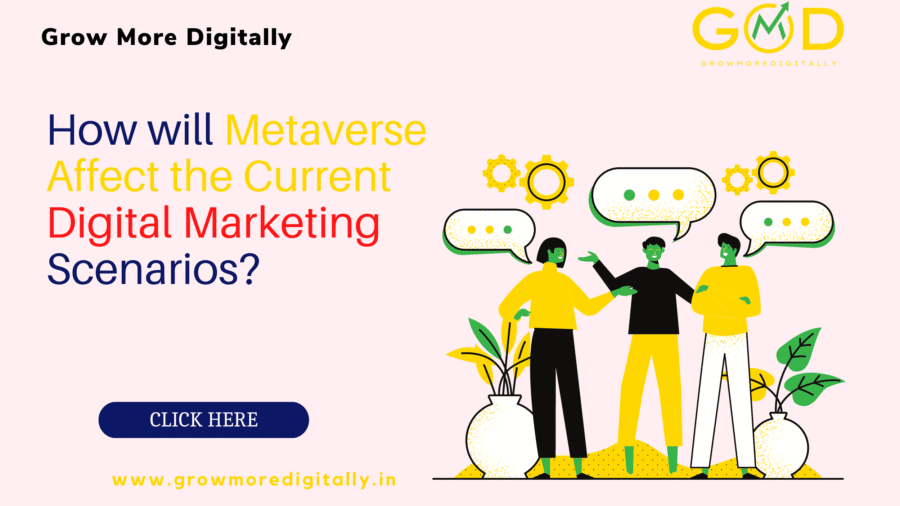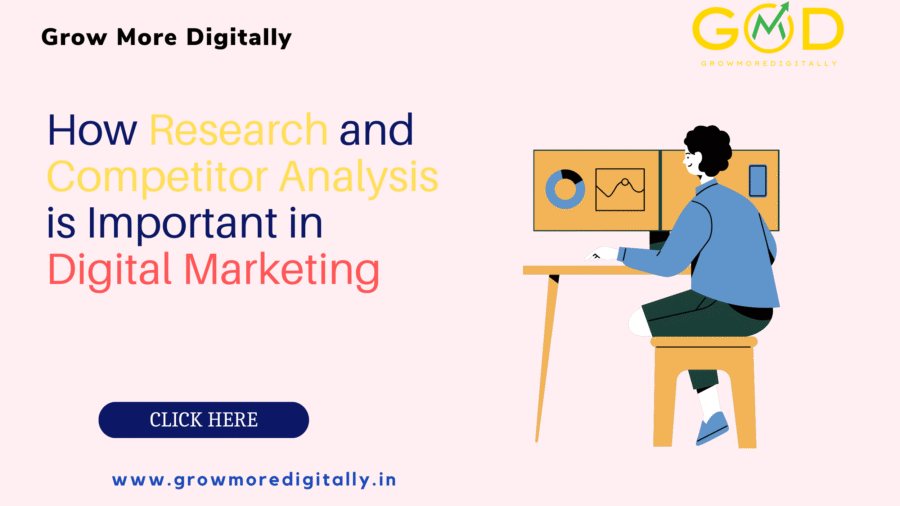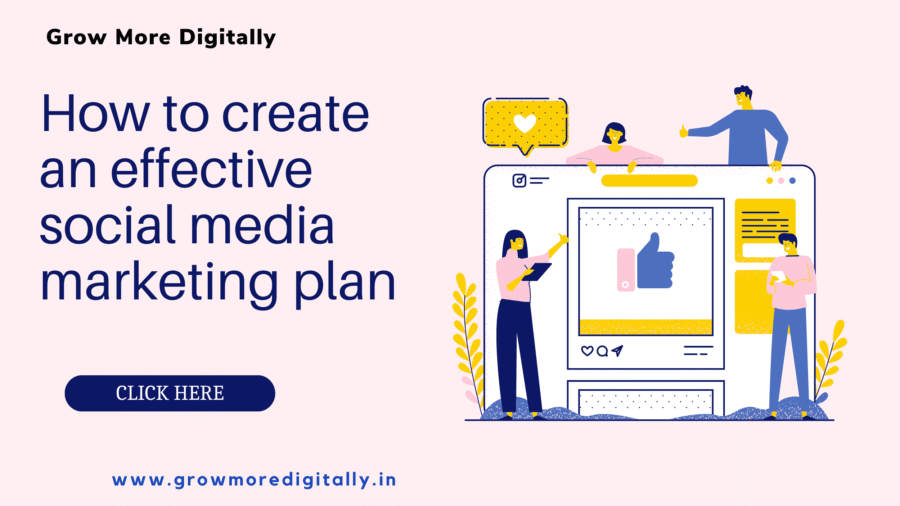
Digital Marketing Scenarios
How will Metaverse Affect the Current Digital Marketing Scenarios?
The ‘Metaverse’ is one of the most popular buzzwords in 2022, and for a valid cause. Mark Zuckerberg, CEO of Facebook, hit the headlines when he announced the launch of his new company, Meta. The new brand was created to bring people and modern technology together in novel ways. Brands are beginning to wonder where the most lucrative opportunities in metaverse marketing exist.
Naturally, as marketers, we started to make assumptions about how digital marketing would function in a brand-new virtual space.
Although the idea of the metaverse may remain confusing to some, more and more businesses are realising the possibility it offers to engage audiences in new and creative ways and deliver unique brand engagements.

There appear to be countless prospects for digital marketing in virtual reality. The next step in the development of digital marketing is metaverse marketing. However, what exactly is the metaverse?
Moreover, what connection does it have to digital marketing? In this blog, we are going to cover some informative content that will justify. In this blog, we’ll discuss some incredibly insightful material that will support how the metaverse and digital marketing relate to one another.
What Is the Metaverse?
Simply put, the metaverse is a digital environment into which people can enter through augmented reality (AR) or virtual reality (VR). Users build avatars that roam a 3D world in the metaverse in which they can interact with other people and their circumstances.
The limitless alternatives provided by Metaverse will be extremely beneficial for digital marketing. By indulging the users, it will adequately describe the feel and experience associated with the products and services. You can discover numerous real-world instances of the metaverse approach in use if you look at it.
Some key characteristics of the metaverse are the following:
- Always active- metaverse remain always active. There is no pause and end. It regulars on indefinitely even though the user remains or leaves.
- Exists in real-time- It is a real-time existing thing. The concept of the metaverse remains parallel to the real world.
- Users have individual agencies-They have the freedom to pick what they wish to accomplish in the metaverse and can multitask simultaneously. Additionally, users have the option of producing material that they and other people can enjoy.
- Fully functional digital universe- The metaverse is a completely functional cosmos where people may do things like produce, sell, and own things and get paid for them.
How Digital Marketing Strategies will be Affected by the Metaverse?
The next phase of digital marketing is metaverse marketing. Users will be able to develop and share their own virtual worlds using the blockchain-based virtual reality platform known as Metaverse. Additionally, it will enable the production of digital assets that can be used in different VR worlds.
According to the Metaverse team, this new technology will fundamentally alter how we engage with digital information going forward. It will offer a marketplace for digital goods including 3D models, music, and films.

The Metaverse team thinks virtual reality (VR) is the future of digital marketing. Marketers have a variety of tools and resources. VR will undoubtedly have an impact on the entire Metaverse consumer journey.
The professionals would need to reach the next level of creativity for the metaverse. The team should be able to produce outstanding interactive material that not only catches the viewer but also convinces him or her to stay in the area and take some action since they have access to a variety of tools, gadgets, and elements.
It will be a very competitive market, thus a perfect fusion of skill and technology will be required.
Impacts of Metaverse on Search Engine Optimization (SEO)
The current focus of search engine optimization is on keywords and keyphrases relevant to the service or product. Based on search volume, the SEO specialist would choose those and create topics with carefully chosen keywords and key phrases. A properly managed website, article, and blog would get top listed in the search engine result page (SERP).
The future user would be able to surf the website using words, as well as virtually enter the site and communicate with reviewers. There may be ways to view a website’s overview without visiting the page as well. Then, the user can easily stay away from spammy websites.

Metaverse in Advertising
Presently, companies that advertise online through search engines and social media platforms include text, graphics, and videos to convey their main purpose. These images will take on a virtual, 3D quality when VR technology becomes more popularly used. For marketers working in the industry, this will result in new challenges.
A greater real-time experience than today would be achieved by the interactive advertising strategy. Metaverse would give the advertising a special sense of reality and intensity. If implemented wisely, virtual reality concepts could fundamentally change the advertising industry.
Usage of Metaverse in Social Media Marketing
With metaverse, social media marketing is predicted to advance level. Users would be able to connect with influencers, social media posts, and product promotion, exactly like in a 3D video game.
Visual media promotes research and learning. By providing people with entertaining and interesting opportunities to learn more about their products, services, and missions, businesses may benefit from this. Brands may develop lifelong relationships with their consumers and leads by creating brand experiences that are realistic or match what the brand does in real life.
Challenges of Marketing in the World of Metaverse
Every time a new possibility presents itself, innovators often receive big benefits. Even while the metaverse is exciting, there are still many risks associated with it, therefore it is best to carefully consider your options before entering it.
The Metaverse may present some particular difficulties for both users and marketers.

- Technology requirements- Due to the technological demands of metaverses, access may be limited for many users. Not all of us have the ability to purchase rising PCs and VR lenses, nor does everyone have a connection to the equipment allowed to obtain the Metaverse. This could make large marketing efforts more difficult.
- Investment can be risky – There is still work to be done before VR and AR technology can offer a smooth user experience. At this beginning period, making significant investments in metaverse marketing may be a questionable move.
- Security issue and data privacy – security issues and data privacy, these two factors are very significant to think about in the world of Metaverse rather than the present situation. Metaverse will allow most of the personal data and information easily accessible. . To win the trust of their target audiences, brands must be careful to follow industry best practices for data protection.
- Upgradation or degradation- many companies will enter speedily into new technologies using VR and AR and may level up than their current stage. organizations that will not upgrade according to the status of the metaverse will be left behind in the marketing world and providing their services to their target audience comparatively. It will generate force for companies to convert their working style according to the latest technologies.
Our Take
Investments in metaverses are being made by several modern enterprises. Besides using them as platforms for amusement, they also hope to use them professionally and for business.
We firmly think that mankind has scaled a new mountain and is now entering a zone where the narrow layer separating the physical world from the virtual one is being erased.



